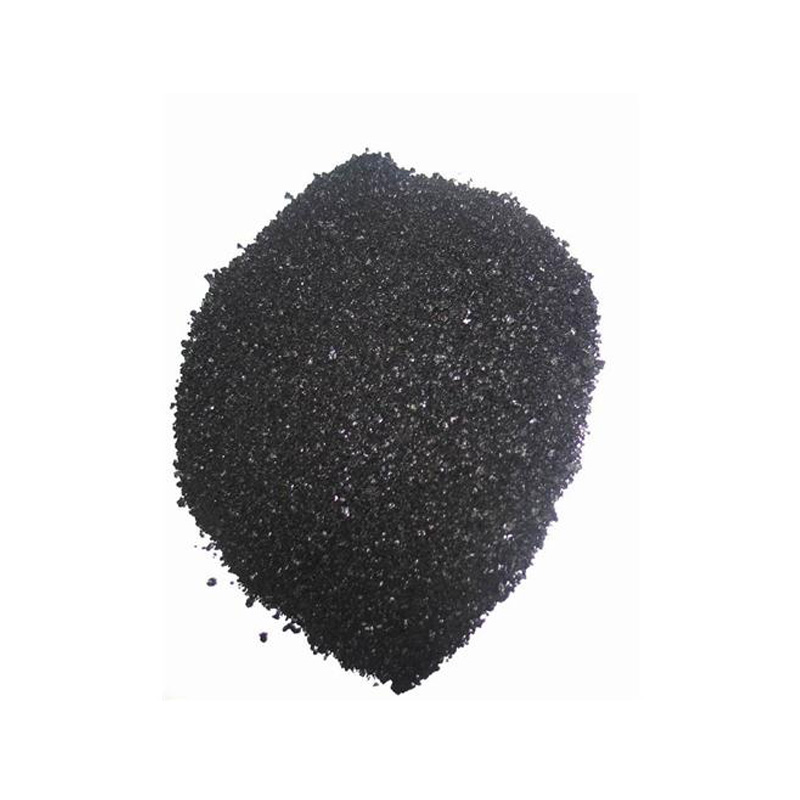natural indigo denim service
Natural Indigo Denim Service Reviving Tradition with Sustainable Practices
In recent years, the fashion industry has been undergoing a significant transformation, as consumers increasingly demand sustainable and ethically-produced products. Among the various materials garnering attention, natural indigo denim stands out for its rich history and eco-friendly attributes. The resurgence of natural indigo denim services is not only reviving traditional dyeing techniques but also promoting a more sustainable approach to fashion.
Natural indigo, derived from the leaves of the indigo plant, has been used for centuries to produce vibrant blue dyes. Unlike synthetic indigo, which is prevalent in most denim production, natural indigo is biodegradable and less harmful to the environment. This makes it an attractive option for environmentally conscious brands and consumers looking to reduce their ecological footprint.
The process of creating natural indigo denim is intricate and labor-intensive. Artisans carefully cultivate the indigo plant, typically using organic farming practices that eschew harmful pesticides and fertilizers. Once harvested, the leaves undergo fermentation to extract the dye, a method that has been passed down through generations. The resulting dye is then used to stain high-quality cotton fabric, producing denim that is not only stylish but also steeped in history.
natural indigo denim service

One of the unique features of natural indigo denim is its ability to develop a distinct patina over time. As the fabric is worn and washed, the indigo gradually fades, creating a personalized and one-of-a-kind appearance. This characteristic resonates with today’s consumers, who value individuality in their clothing choices. The aging process of natural indigo denim can tell a story, reflecting the wearer’s lifestyle and experiences.
Natural indigo denim services are enthusiastically embraced by a growing number of fashion brands and artisans worldwide. These services not only provide consumers the opportunity to purchase authentically dyed denim but also educate them about the benefits of sustainable fashion. Workshops and collaborative projects are being organized, allowing consumers to engage directly with artisans and learn about the traditional dyeing techniques, fostering a deeper appreciation for the craft.
Furthermore, brands that offer natural indigo denim are often committed to ethical production practices, ensuring fair wages and working conditions for artisans. This commitment addresses the social issues associated with textile production, casting a spotlight on the importance of ethical consumerism.
In conclusion, natural indigo denim services exemplify a harmonious blend of tradition, craftsmanship, and sustainability. By choosing natural indigo, consumers not only enhance their wardrobe with unique pieces but also contribute to the preservation of traditional art forms and the promotion of environmentally friendly practices. As the movement toward sustainable fashion continues to grow, natural indigo denim stands as a testament to the power of combining artistry and responsibility in the modern world.
-
The Timeless Art of Denim Indigo Dye
NewsJul.01,2025
-
The Rise of Sulfur Dyed Denim
NewsJul.01,2025
-
The Rich Revival of the Best Indigo Dye
NewsJul.01,2025
-
The Enduring Strength of Sulphur Black
NewsJul.01,2025
-
The Ancient Art of Chinese Indigo Dye
NewsJul.01,2025
-
Industry Power of Indigo
NewsJul.01,2025
-
Black Sulfur is Leading the Next Wave
NewsJul.01,2025

Sulphur Black
1.Name: sulphur black; Sulfur Black; Sulphur Black 1;
2.Structure formula:
3.Molecule formula: C6H4N2O5
4.CAS No.: 1326-82-5
5.HS code: 32041911
6.Product specification:Appearance:black phosphorus flakes; black liquid

Bromo Indigo; Vat Bromo-Indigo; C.I.Vat Blue 5
1.Name: Bromo indigo; Vat bromo-indigo; C.I.Vat blue 5;
2.Structure formula:
3.Molecule formula: C16H6Br4N2O2
4.CAS No.: 2475-31-2
5.HS code: 3204151000 6.Major usage and instruction: Be mainly used to dye cotton fabrics.

Indigo Blue Vat Blue
1.Name: indigo blue,vat blue 1,
2.Structure formula:
3.Molecule formula: C16H10N2O2
4.. CAS No.: 482-89-3
5.Molecule weight: 262.62
6.HS code: 3204151000
7.Major usage and instruction: Be mainly used to dye cotton fabrics.

